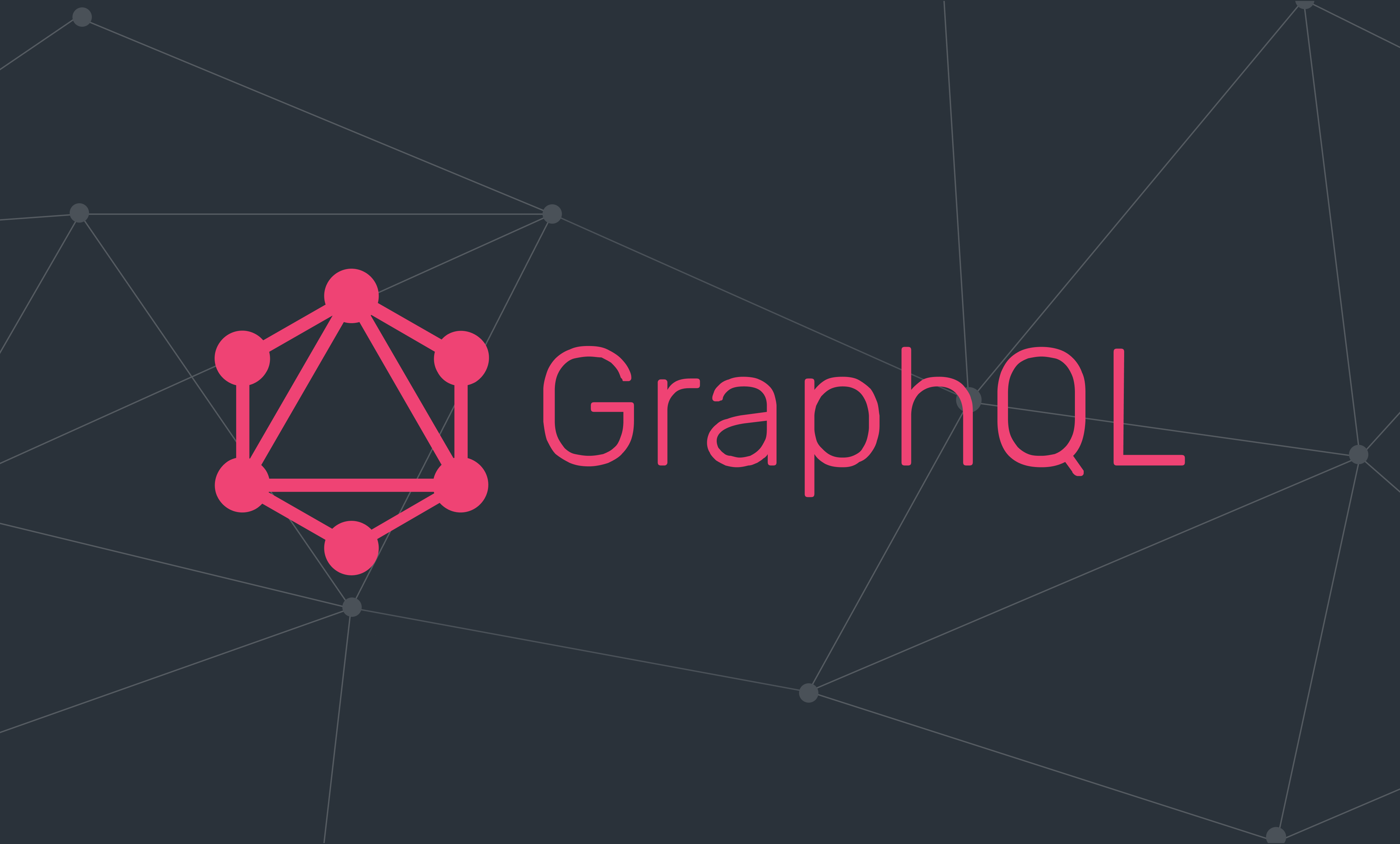Written by: developervsandhu
Technology and Gadgets
Filtering Data by Slug in GraphQL
If you’re working with a WordPress installation and need to fetch specific data using GraphQL, you can filter your queries by a slug. Here’s how you can do it:
Example Query:
query GetDestinationBySlug($slug: String!) {
destinationBy(slug: $slug) {
title
Destinations {
fullDescription {
title
FullDescription
}
}
}
}
Explanation:
$slug: String!: This defines a variable namedslugthat must be provided (indicated by the exclamation mark!).destinationBy(slug: $slug): This is the part where we filter the results based on the provided slug. It returns the specific destination that matches the slug.- Inside the
destinationByblock, you can retrieve the desired fields, such as:title: The title of the destination.Destinations { fullDescription { title FullDescription } }: This retrieves the full description for the destination, including its title and full details.
Fetching Data Using JavaScript:
You can use the following JavaScript code to send the query to your WordPress GraphQL endpoint:
const fetchDestinationBySlug = async (slug) => {
const query = `
query GetDestinationBySlug($slug: String!) {
destinationBy(slug: $slug) {
title
Destinations {
fullDescription {
title
FullDescription
}
}
}
}
`;
const variables = { slug: slug };
const response = await fetch('https://your-wordpress-site.com/graphql', {
method: 'POST',
headers: {
'Content-Type': 'application/json',
},
body: JSON.stringify({
query: query,
variables: variables,
}),
});
const result = await response.json();
console.log(result.data.destinationBy);
};
// Example usage
fetchDestinationBySlug('example-slug');
Summary
This query is a great way to get precise data from your WordPress site using GraphQL! Feel free to reach out if you have any questions or need further assistance! 💬
Login To Add Comment
No comments yet.
